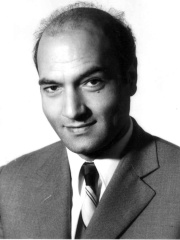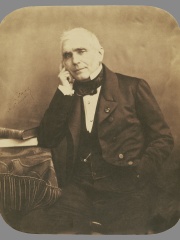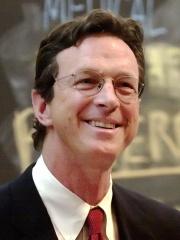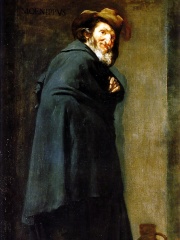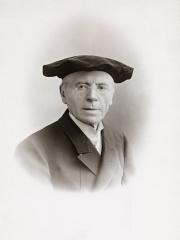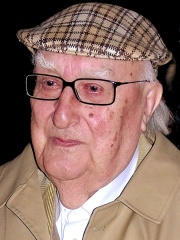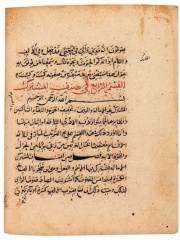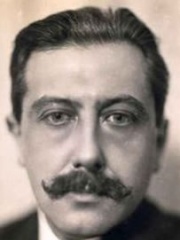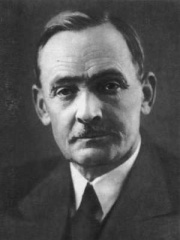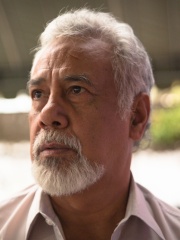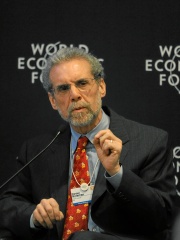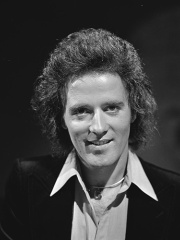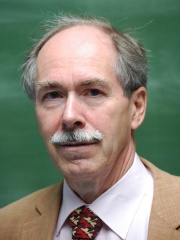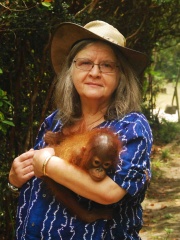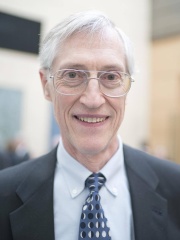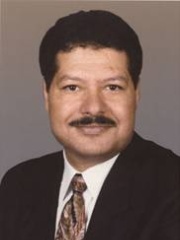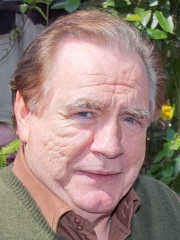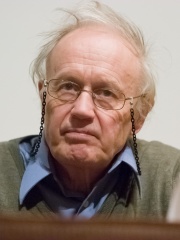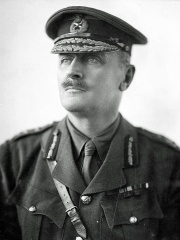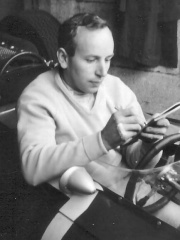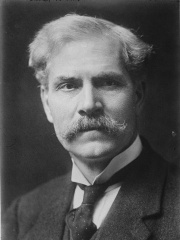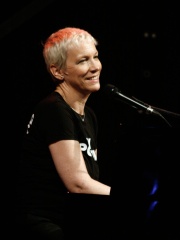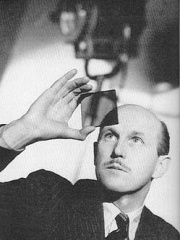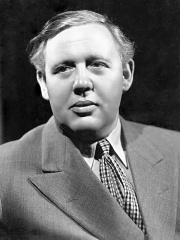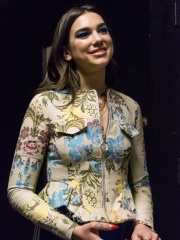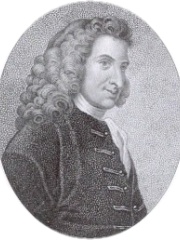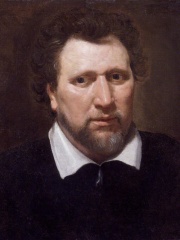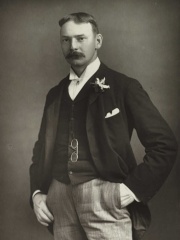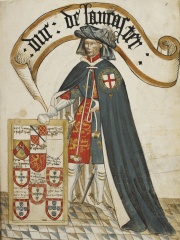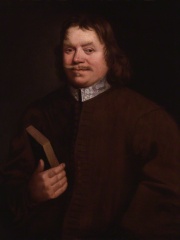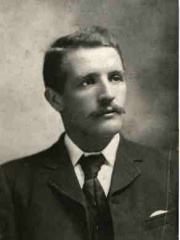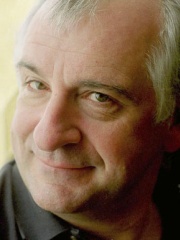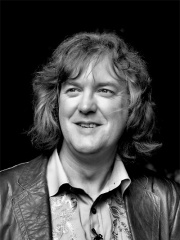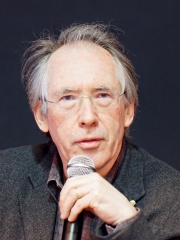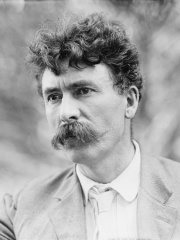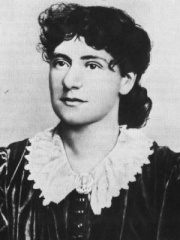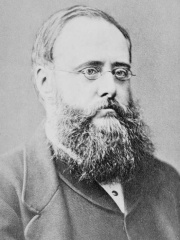Writer
Julian Barnes
1946 - today
EN.WIKIPEDIA PAGE VIEWS (PV)
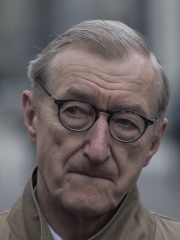
 Julian Barnes
Julian Barnes
His biography is available in 52 different languages on Wikipedia (up from 49 in 2024). Julian Barnes is the 854th most popular writer (down from 841st in 2024), the 801st most popular biography from United Kingdom (down from 636th in 2019) and the 83rd most popular British Writer.
Julian Barnes is most famous for his novel, "The Sense of an Ending," which won the Man Booker Prize in 2011.
Memorability Metrics
Page views of Julian Barnes by language
Among Writers
Among writers, Julian Barnes ranks 854 out of 7,302. Before him are Ali Shariati, Eugène Scribe, Michael Crichton, Menippus, Jonas Lie, and Andrea Camilleri. After him are Pope Dionysius of Alexandria, Hans Jakob Christoffel von Grimmelshausen, Gaius Lucilius, Al-Zamakhshari, Georges Bernanos, and Yanka Kupala.
Most Popular Writers in Wikipedia
Go to all RankingsAli Shariati
1933 - 1977
HPI: 69.15
Rank: 848
Eugène Scribe
1791 - 1861
HPI: 69.14
Rank: 849
Michael Crichton
1942 - 2008
HPI: 69.14
Rank: 850
Menippus
290 BC - 260 BC
HPI: 69.12
Rank: 851
Jonas Lie
1833 - 1908
HPI: 69.12
Rank: 852
Andrea Camilleri
1925 - 2019
HPI: 69.11
Rank: 853
Julian Barnes
1946 - Present
HPI: 69.11
Rank: 854
Pope Dionysius of Alexandria
190 - 264
HPI: 69.10
Rank: 855
Hans Jakob Christoffel von Grimmelshausen
1622 - 1676
HPI: 69.06
Rank: 856
Gaius Lucilius
180 BC - 102 BC
HPI: 69.05
Rank: 857
Al-Zamakhshari
1075 - 1144
HPI: 69.04
Rank: 858
Georges Bernanos
1888 - 1948
HPI: 69.04
Rank: 859
Yanka Kupala
1882 - 1942
HPI: 69.02
Rank: 860
Contemporaries
Among people born in 1946, Julian Barnes ranks 92. Before him are Uri Geller, Sabine Bergmann-Pohl, Peter Singer, Xanana Gusmão, Daniel Goleman, and Chris Slade. After him are Gilbert O'Sullivan, Gerard 't Hooft, Birutė Galdikas, John C. Mather, Ahmed Zewail, and Brian Cox.
Others Born in 1946
Go to all RankingsUri Geller
MAGICIAN
1946 - Present
HPI: 69.45
Rank: 86
Sabine Bergmann-Pohl
POLITICIAN
1946 - Present
HPI: 69.31
Rank: 87
Peter Singer
PHILOSOPHER
1946 - Present
HPI: 69.31
Rank: 88
Xanana Gusmão
POLITICIAN
1946 - Present
HPI: 69.21
Rank: 89
Daniel Goleman
WRITER
1946 - Present
HPI: 69.20
Rank: 90
Chris Slade
MUSICIAN
1946 - Present
HPI: 69.13
Rank: 91
Julian Barnes
WRITER
1946 - Present
HPI: 69.11
Rank: 92
Gilbert O'Sullivan
MUSICIAN
1946 - Present
HPI: 69.06
Rank: 93
Gerard 't Hooft
PHYSICIST
1946 - Present
HPI: 68.92
Rank: 94
Birutė Galdikas
ANTHROPOLOGIST
1946 - Present
HPI: 68.91
Rank: 95
John C. Mather
PHYSICIST
1946 - Present
HPI: 68.88
Rank: 96
Ahmed Zewail
CHEMIST
1946 - 2016
HPI: 68.82
Rank: 97
Brian Cox
ACTOR
1946 - Present
HPI: 68.79
Rank: 98
In United Kingdom
Among people born in United Kingdom, Julian Barnes ranks 801 out of NaN. Before him are Anthony James Leggett (1938), Chris Slade (1946), Edmund Allenby, 1st Viscount Allenby (1861), Malcolm Young (1953), John Surtees (1934), and Ramsay MacDonald (1866). After him are Annie Lennox (1954), Michael Powell (1905), Charles Laughton (1899), Dua Lipa (1995), Oliver Smithies (1925), and Martin Evans (1941).
Others born in United Kingdom
Go to all RankingsAnthony James Leggett
PHYSICIST
1938 - Present
HPI: 69.13
Rank: 795
Chris Slade
MUSICIAN
1946 - Present
HPI: 69.13
Rank: 796
Edmund Allenby, 1st Viscount Allenby
MILITARY PERSONNEL
1861 - 1936
HPI: 69.13
Rank: 797
Malcolm Young
MUSICIAN
1953 - 2017
HPI: 69.12
Rank: 798
John Surtees
RACING DRIVER
1934 - 2017
HPI: 69.11
Rank: 799
Ramsay MacDonald
POLITICIAN
1866 - 1937
HPI: 69.11
Rank: 800
Julian Barnes
WRITER
1946 - Present
HPI: 69.11
Rank: 801
Annie Lennox
SINGER
1954 - Present
HPI: 69.09
Rank: 802
Michael Powell
FILM DIRECTOR
1905 - 1990
HPI: 69.08
Rank: 803
Charles Laughton
ACTOR
1899 - 1962
HPI: 69.08
Rank: 804
Dua Lipa
SINGER
1995 - Present
HPI: 69.08
Rank: 805
Oliver Smithies
BIOLOGIST
1925 - 2017
HPI: 69.07
Rank: 806
Martin Evans
BIOLOGIST
1941 - Present
HPI: 69.06
Rank: 807
Among Writers In United Kingdom
Among writers born in United Kingdom, Julian Barnes ranks 83. Before him are Henry Fielding (1707), Ben Jonson (1572), Jerome K. Jerome (1859), Henry of Grosmont, 1st Duke of Lancaster (1310), John Bunyan (1628), and William McMaster Murdoch (1873). After him are Douglas Adams (1952), James May (1963), Ian McEwan (1948), Ernest Thompson Seton (1860), Eleanor Marx (1855), and Wilkie Collins (1824).
Henry Fielding
1707 - 1754
HPI: 69.82
Rank: 77
Ben Jonson
1572 - 1637
HPI: 69.70
Rank: 78
Jerome K. Jerome
1859 - 1927
HPI: 69.70
Rank: 79
Henry of Grosmont, 1st Duke of Lancaster
1310 - 1361
HPI: 69.55
Rank: 80
John Bunyan
1628 - 1688
HPI: 69.29
Rank: 81
William McMaster Murdoch
1873 - 1912
HPI: 69.20
Rank: 82
Julian Barnes
1946 - Present
HPI: 69.11
Rank: 83
Douglas Adams
1952 - 2001
HPI: 68.98
Rank: 84
James May
1963 - Present
HPI: 68.92
Rank: 85
Ian McEwan
1948 - Present
HPI: 68.84
Rank: 86
Ernest Thompson Seton
1860 - 1946
HPI: 68.77
Rank: 87
Eleanor Marx
1855 - 1898
HPI: 68.76
Rank: 88
Wilkie Collins
1824 - 1889
HPI: 68.76
Rank: 89
